Supporting Local Communities and Responsible Tourism in National Park Yala Sri Lanka
Discover how to engage with local communities and practice responsible tourism in National Park Yala Sri Lanka, enhancing your travel experience while supporting conservation efforts.
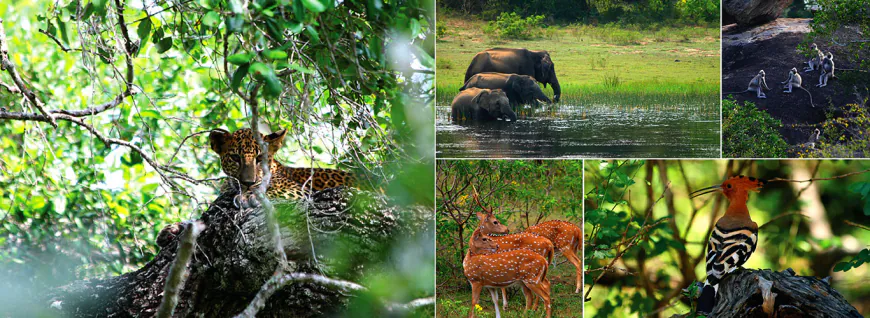
-
Sustainable Tourism in Yala
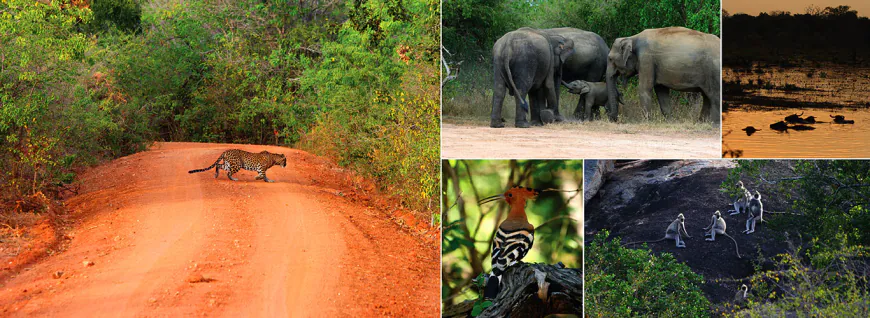
Yala National Park, Sri Lanka's most visited wildlife sanctuary renowned for its leopard population, faces significant challenges due to overtourism and unsustainable practices. As reported by Experience Travel Group, the park's popularity has led to overcrowding, wildlife harassment, and habitat degradation, prompting a need for responsible tourism initiatives that balance conservation efforts with the economic needs of local communities.
-
Yala: Gateway to Sustainability

Yala National Park, located in southeastern Sri Lanka, is the country's most visited and second-largest national park, covering 979 square kilometers. As a critical conservation area for Sri Lankan elephants, leopards, and diverse bird species, Yala plays a vital role in Sri Lanka's tourism industry and local economies. The park's popularity has led to significant economic benefits, with tourism generating substantial revenue and supporting local businesses. However, this success has also brought challenges, including overcrowding and potential environmental degradation.
To address these issues, Yala National Park is committed to promoting sustainable tourism practices that minimize environmental impact and support conservation goals. This approach aligns with the United Nations Sustainable Development Goals, aiming to balance inclusive economic growth with environmental conservation. Efforts are being made to involve local communities in tourism development, fostering a sense of ownership and responsibility towards wildlife protection. By embracing responsible tourism, Yala National Park seeks to preserve its natural beauty and cultural heritage while providing meaningful experiences for visitors and sustainable livelihoods for local communities.
-
Empowering Local Communities
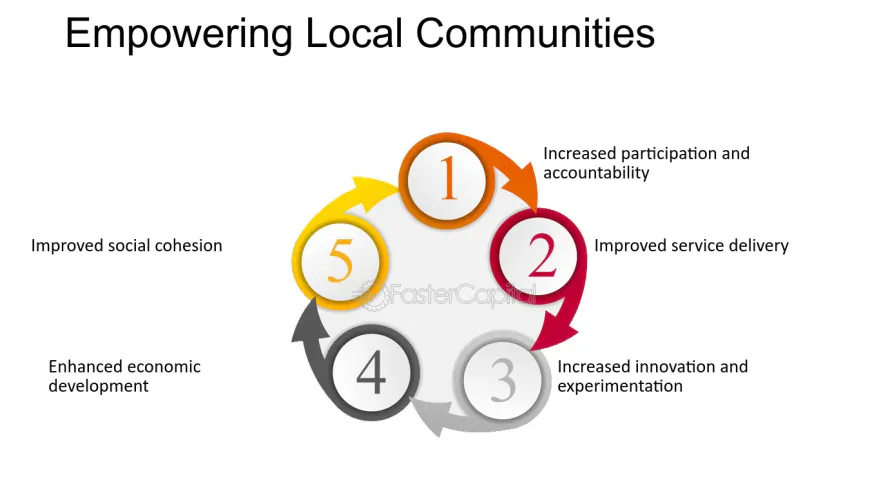
Supporting local businesses in Yala National Park is crucial for sustainable tourism and community development. By purchasing local products and services, visitors contribute directly to the local economy, helping to create jobs and improve living standards. This support fosters a unique community identity, as local businesses often reflect the area's culture and traditions. Engaging with local enterprises, such as handicraft shops, local tour guides, and family-run accommodations, not only provides authentic experiences for tourists but also strengthens social connections within the community. Cultural sensitivity is equally important; visitors should respect local customs, dress modestly, and seek permission before photographing people or religious sites. By embracing responsible tourism practices, travelers can help preserve Yala's natural beauty and cultural heritage while ensuring that tourism benefits are shared equitably among local residents.
-
Responsible Visitor Essentials
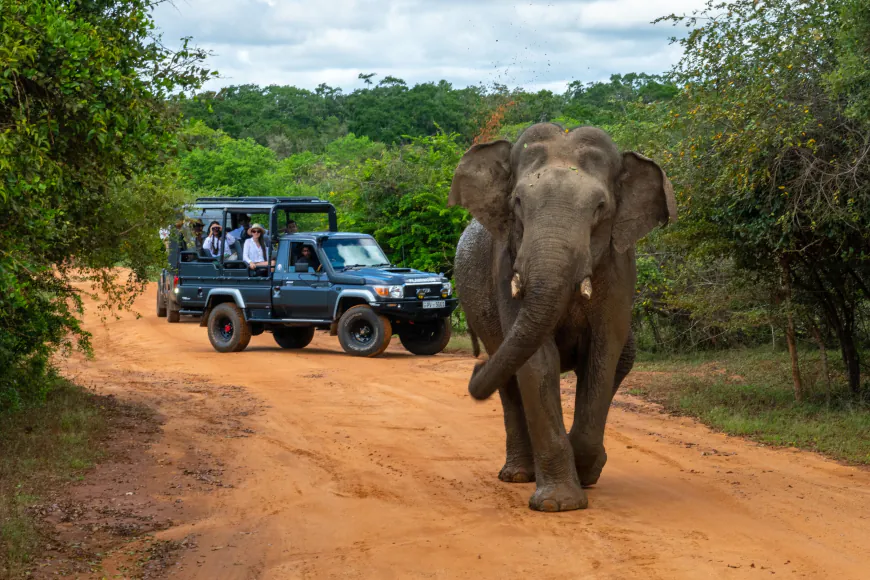
Responsible tourism in Yala National Park extends to the choices visitors make before and during their trip. Here are some key tips for eco-friendly travel and adhering to park guidelines:
Pack sustainable travel gear:
- Reusable water bottles to reduce plastic waste
- Eco-friendly sunscreen to protect marine life
- Biodegradable toiletries to minimize environmental impact
- Reusable bags for shopping and storing items
Follow essential park rules:
- Stay on designated trails to prevent habitat disturbance
- Maintain a safe distance from wildlife
- Do not feed animals or remove plants/artifacts
- Properly dispose of waste in designated areas
- Adhere to park vehicle and speed limits
Minimize your environmental impact:
- Use public transportation or carpool when possible
- Choose eco-friendly accommodations
- Support local conservation efforts through donations or volunteer work
By following these guidelines, visitors can help preserve Yala's delicate ecosystem while enjoying a meaningful and responsible travel experience.
-
Conservation Learning Opportunities
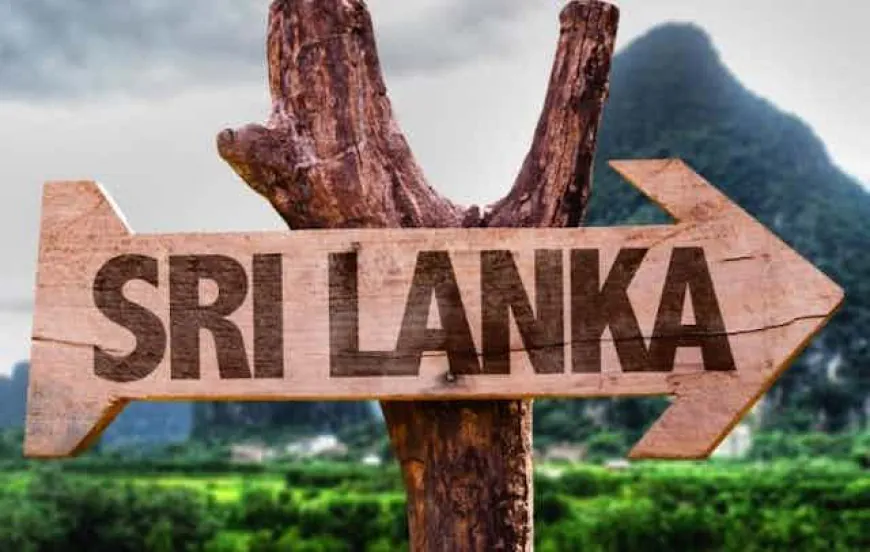
Yala National Park offers various educational and volunteer opportunities for visitors interested in conservation and supporting local communities. These programs provide valuable insights into wildlife protection efforts and sustainable tourism practices while allowing tourists to make a positive impact during their stay.
Conservation Initiatives Learning Opportunities Elephant conservation Guided nature walks Leopard monitoring Wildlife photography workshops Habitat restoration Local ecology lectures Anti-poaching efforts Traditional knowledge sharing Human-wildlife conflict mitigation Cultural exchange programs Visitors can engage in these initiatives through educational programs offered by local organizations and tour operators. For example, the Sri Lanka Wildlife Conservation Society (SLWCS) provides opportunities to work alongside scientists and conservationists near Wasgamuwa National Park, which is similar to programs available in Yala. These programs often include field research, conservation efforts, and community development projects.
Volunteering opportunities in Yala and surrounding areas allow tourists to actively participate in conservation efforts. Some available volunteer projects include:
- Sea turtle conservation: Protecting nesting sites, caring for injured turtles, and releasing hatchlings.
- Environmental conservation: Participating in mangrove restoration, beach cleanups, and eco-brick building projects.
- Wildlife research: Assisting with population surveys and habitat monitoring.
- Community education: Teaching English or environmental awareness to local children and adults.
The impact of these volunteer programs extends beyond immediate conservation efforts. By participating, volunteers contribute to:
- Raising awareness about local environmental issues
- Supporting sustainable livelihoods for local communities
- Enhancing cross-cultural understanding
- Providing additional resources for underfunded conservation projects
For instance, the Environmental Conservation Project in Sri Lanka allows volunteers to work on initiatives such as mangrove reforestation, organic farming, and coral reef restoration. These activities not only benefit the local ecosystem but also provide valuable skills and knowledge to participants.
It's important to note that responsible volunteering requires careful consideration of the impact on local communities and wildlife. Prospective volunteers should research organizations thoroughly to ensure their practices are ethical and sustainable. Additionally, volunteers should be prepared for physically demanding work, especially in Sri Lanka's hot and humid climate.
By engaging in these educational and volunteer opportunities, visitors to Yala National Park can deepen their understanding of local conservation challenges and contribute meaningfully to sustainable tourism practices in the region.
What's Your Reaction?








































